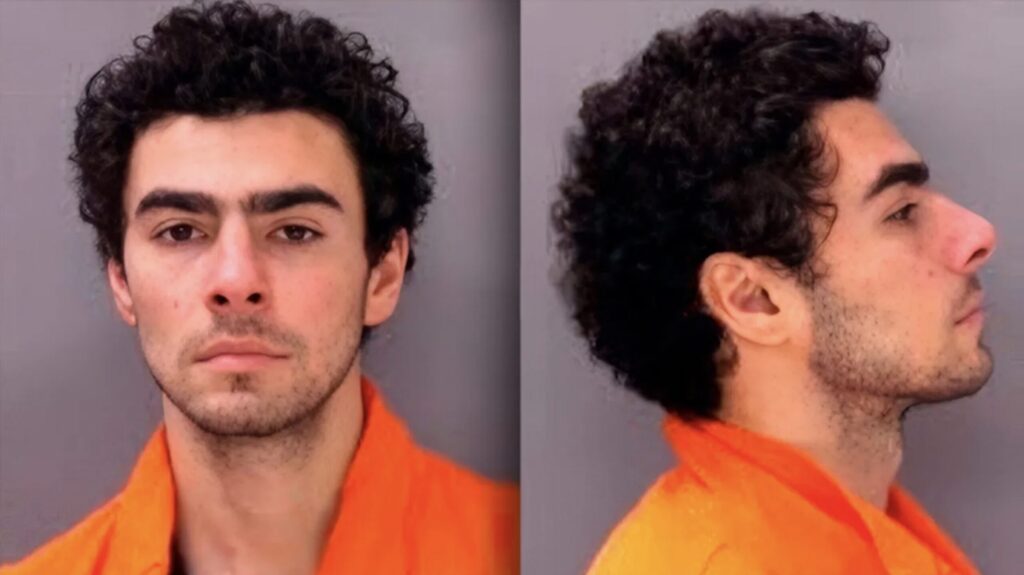Luigi Mangione, the prime suspect in the fatal shooting of UnitedHealthcare CEO Brian Thompson, is firmly asserting his innocence as he prepares to contest the charges against him, which include murder. His defense attorney, Tom Dickey, has stated that Mangione plans to plead not guilty and is actively resisting extradition to New York, where the murder charges were filed. Mangione was apprehended at a McDonald’s in Altoona, Pennsylvania, after staff recognized him from police bulletins. At the time of his arrest, authorities discovered a 3D-printed gun, a silencer, numerous counterfeit identifications, and a handwritten document expressing discontent with the healthcare sector.
Following his arrest, Mangione faced several charges in Pennsylvania, including forgery and possession of a firearm without a license. During a hearing at the Blair County Courthouse, the judge presented the entirety of the criminal complaint, which included significant evidence against Mangione. This evidence included $8,000 in cash and foreign currency found on him, as well as a passport and a Faraday bag, typically used to avoid surveillance. Despite these findings, Mangione contested the notion that the money was his, suggesting that it could have been planted. He also argued that using the Faraday bag was merely a precaution against water damage, not an indication of criminal intent.
As Mangione was led into the courthouse for his extradition hearing, he vocally criticized the judicial proceedings, labeling them as an affront to public intelligence and common sense. His attorney, Dickey, countered the prosecution’s arguments for denying bail, asserting that bail is a constitutional right, and even serious crimes warrant the possibility of bail. He contended that the judge should have set a high bail instead of outright denial, maintaining that Mangione’s rights were being overlooked in a rush to judgment.
In the following days, Mangione officially faced charges in New York City, which included second-degree murder and criminal possession of a weapon. During his Pennsylvania court appearance, he continued to be denied bail based on the perceived risk of flight and the grave nature of the allegations. Legal proceedings are set to determine the next steps regarding Mangione’s extradition, with the Pennsylvania court granting him 14 days to file a writ of habeas corpus, potentially delaying extradition while allowing further examination of the case against him.
Dickey has emphasized that his client intends to enter not guilty pleas for both the Pennsylvania and New York charges, underscoring their lack of substantial evidence linking Mangione to the crime. Mangione’s defense strategy is built on the presumption of his innocence until proven guilty, and he has expressed interest in exploring the available evidence before deciding on the next legal steps, stating that they intend to fight rigorously.
The legal situation surrounding Luigi Mangione is still developing, with significant implications for his future. While he remains in custody at Huntingdon State Correctional Institution, the possibility of his extradition to New York looms. As the case unfolds, further hearings and potential legal maneuvers may shape the course of this high-profile murder case, which has attracted significant media attention given Mangione’s background as an Ivy League graduate from a well-known family. Whether or not Mangione can successfully challenge the charges against him and assert his innocence remains to be seen, as both sides prepare for a complex legal battle ahead.

